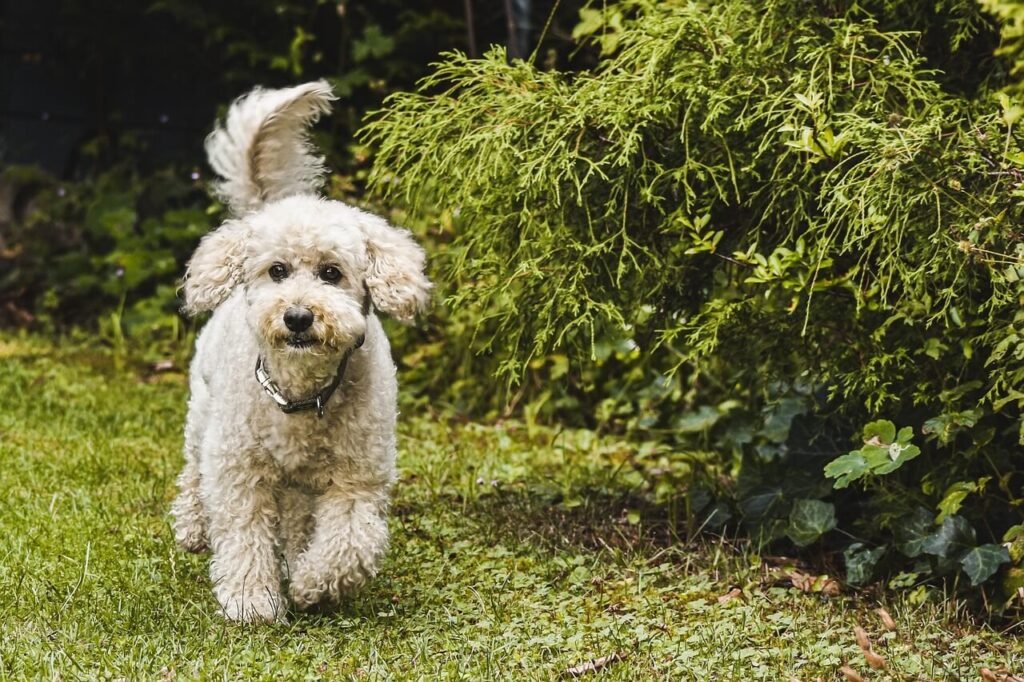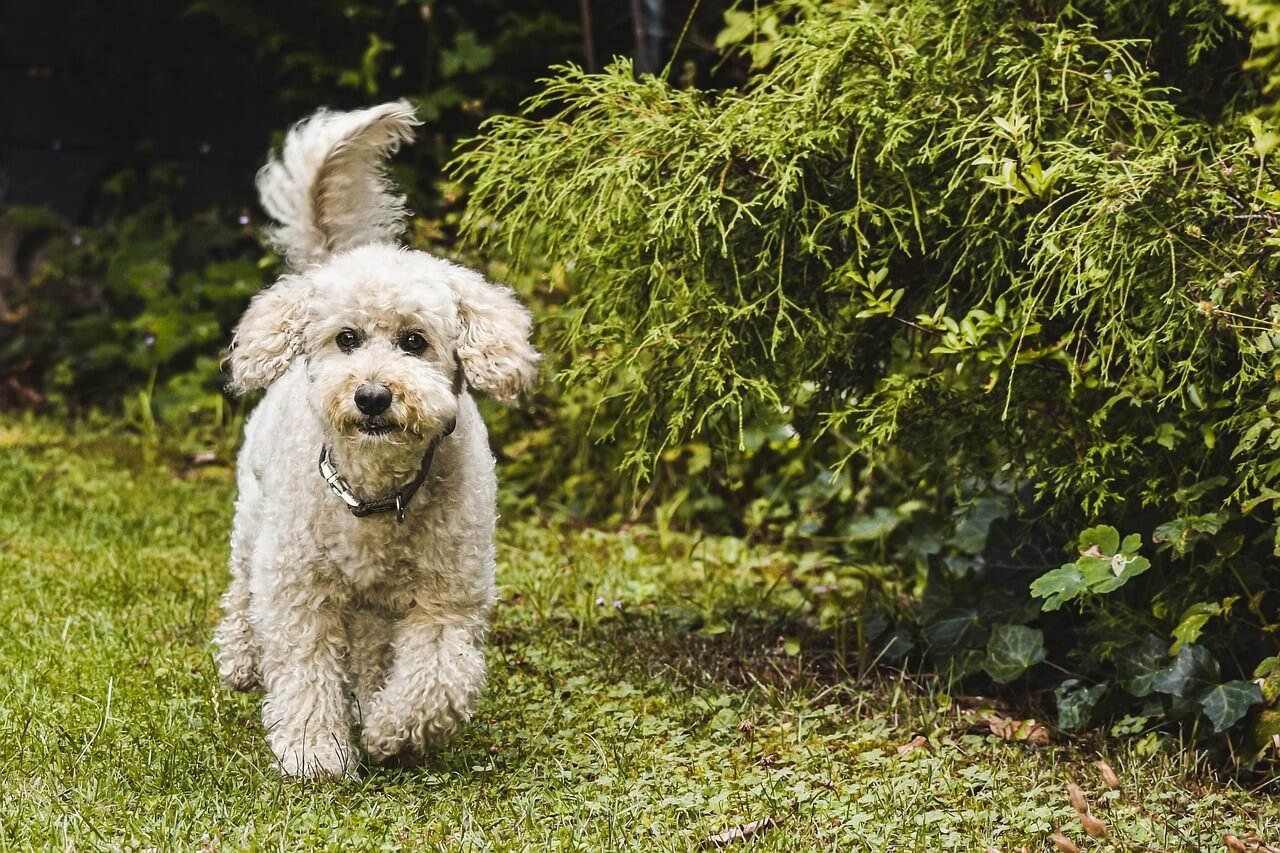Can My Dog Eat Zucchini? A Guide for Caring Pet Owners
As a dog owner, you’re always on the lookout for ways to keep your furry friend healthy and happy. One question that often pops up is whether certain human foods are safe for dogs. Zucchini, a popular vegetable known for its versatility in cooking, might have caught your attention. But can your dog eat zucchini? The short answer is yes, zucchini is generally safe for dogs when served in moderation. However, there’s more to the story than just a simple yes or no. In this blog post, we’ll explore everything you need to know about feeding zucchini to your dog, from its nutritional benefits to potential risks and preparation tips.
Nutritional Benefits of Zucchini for Dogs
Zucchini isn’t just a tasty addition to your meals; it can also be a healthy snack for your dog. Here’s a breakdown of the key nutritional benefits your pup can enjoy from this vegetable:
Low in Calories : Zucchini is an excellent low-calorie treat, making it ideal for dogs who need to maintain or lose weight.
Rich in Fiber : Fiber supports digestive health, helping to regulate bowel movements and prevent constipation.
Packed with Vitamins : Zucchini contains vitamins like A, C, and K, which contribute to immune function, skin health, and overall vitality.
Hydration Boost : With a high water content, zucchini helps keep your dog hydrated, especially during hot summer days.
Mineral Content : It provides essential minerals such as potassium and magnesium, which support muscle function and heart health.
Incorporating zucchini into your dog’s diet can offer these benefits, but always remember to introduce it gradually and in moderation. Too much of any new food can upset their stomach.
How to Safely Prepare Zucchini for Your Dog
Before offering zucchini to your dog, it’s important to prepare it correctly to ensure it’s safe and easy to digest. Here’s how you can do it:
Wash Thoroughly : Always wash the zucchini under running water to remove dirt, pesticides, or other contaminants.
Remove Seeds and Skin : While small amounts of seeds and skin are usually harmless, removing them can make the zucchini easier to chew and digest.
Cut into Bite-Sized Pieces : Slicing the zucchini into small, manageable pieces reduces the risk of choking, especially for smaller breeds.
Cook Plain : If you choose to cook the zucchini, avoid adding salt, oil, butter, or spices, as these can upset your dog’s stomach.
Serve Raw or Steamed : Both raw and lightly steamed zucchini are safe options, depending on your dog’s preference and chewing ability.
By following these steps, you can ensure that your dog enjoys zucchini safely and comfortably. Always monitor your pet the first few times you introduce a new food to check for any adverse reactions.
Check this guide 👉Can Dogs Eat Olives? Best 7 Health Tips!
Check this guide 👉Can Dogs Eat Kiwi? Best 7 Expert Tips!
Check this guide 👉When Your Dog Ate Charcoal: Best 7 Health Tips!

Preparation Tips | Serving Suggestions |
|---|---|
Wash thoroughly before use | Offer as an occasional treat |
Remove seeds and skin | Mix with regular dog food |
Cut into small pieces | Use as a reward during training |
Avoid seasoning or additives | Freeze slices for a cool snack |
Serve raw or lightly steamed | Combine with other dog-safe veggies |
Potential Risks of Feeding Zucchini to Dogs
While zucchini is generally safe, there are a few risks to be aware of before adding it to your dog’s diet. Understanding these potential issues can help you make informed decisions:
Allergic Reactions : Although rare, some dogs may be allergic to zucchini. Watch for symptoms like itching, swelling, or difficulty breathing.
Digestive Upset : Introducing too much zucchini at once can lead to gas, bloating, or diarrhea. Start with small amounts to gauge tolerance.
Choking Hazard : Large chunks or improperly prepared zucchini can pose a choking risk, especially for small dogs.
Pesticide Residue : Non-organic zucchini may contain harmful chemicals. Always opt for organic or wash thoroughly.
Overfeeding : Even healthy foods can cause weight gain if given in excess. Stick to small portions to avoid overfeeding.
By being mindful of these risks, you can minimize potential problems and ensure that zucchini remains a safe and enjoyable treat for your dog.
Alternatives to Zucchini for Your Dog
If your dog doesn’t take to zucchini or you want to mix things up, there are plenty of other dog-safe vegetables you can try. Here are some nutritious alternatives:
Carrots : Crunchy and low in calories, carrots are great for dental health and provide vitamin A.
Green Beans : These are rich in fiber and vitamins, making them a filling and healthy snack.
Sweet Potatoes : Packed with nutrients, sweet potatoes are a tasty and energy-boosting option when cooked plain.
Cucumbers : Hydrating and refreshing, cucumbers are perfect for hot days and are low in calories.
Pumpkin : Known for aiding digestion, plain canned pumpkin (not pie filling) is a great choice for dogs with sensitive stomachs.
These alternatives offer variety while keeping your dog’s diet balanced and exciting. Always introduce new foods slowly and in moderation to avoid digestive issues.
Health Benefits of Zucchini for Senior Dogs
Senior dogs often require special attention when it comes to their diet, and zucchini can be a great addition to their meals. Its mild flavor and nutritional profile make it an ideal choice for older dogs who may have sensitive stomachs or dietary restrictions. Here’s how zucchini can benefit senior dogs:
Joint Support : The vitamin C in zucchini helps support collagen production, which is essential for maintaining joint health in aging dogs.
Weight Management : Low in calories and high in fiber, zucchini can help senior dogs maintain a healthy weight without straining their digestive system.
Hydration : Older dogs may struggle with dehydration, and zucchini’s high water content can help keep them hydrated.
Antioxidants : Zucchini contains antioxidants that combat free radicals, potentially slowing down age-related health issues.
Easy to Digest : Its soft texture makes zucchini gentle on the stomach, especially for dogs with dental issues or difficulty chewing.
Incorporating zucchini into your senior dog’s diet can provide these benefits while keeping their meals interesting and nutritious. Always consult your vet before making significant changes to your dog’s diet.
Creative Ways to Serve Zucchini to Your Dog
If you’re looking to make zucchini more appealing to your dog, there are several creative ways to serve it. Adding variety can make mealtime more exciting for your furry friend. Here are some fun ideas:
Zucchini Chips : Thinly slice zucchini, bake until crispy, and let it cool before offering it as a crunchy snack.
Frozen Treats : Blend zucchini with plain yogurt or pumpkin puree, pour into ice cube trays, and freeze for a refreshing summer treat.
Zucchini Mash : Steam and mash zucchini, then mix it with your dog’s regular food for added flavor and nutrition.
Stuffed Zucchini Boats : Hollow out a small piece of zucchini and fill it with dog-safe ingredients like cooked rice or shredded chicken.
Zucchini Smoothie : Blend raw zucchini with water or unsweetened almond milk (if tolerated) and freeze into popsicles for a hydrating snack.
These creative serving ideas can make zucchini more enticing for your dog while ensuring they enjoy its nutritional benefits. Always monitor your dog when trying new recipes to ensure they tolerate the ingredients well.
Signs Your Dog May Not Tolerate Zucchini
While zucchini is generally safe for dogs, some may not tolerate it well due to individual sensitivities or health conditions. Knowing the signs of intolerance can help you avoid potential issues. Here’s what to watch for:
Vomiting : If your dog vomits shortly after eating zucchini, it could indicate an intolerance or digestive upset.
Diarrhea : Loose stools or diarrhea may occur if your dog eats too much zucchini or has trouble digesting it.
Lethargy : A sudden lack of energy or enthusiasm after eating zucchini could signal an adverse reaction.
Itching or Skin Irritation : Allergic reactions to zucchini are rare but possible, so watch for excessive scratching or redness.
Refusal to Eat : If your dog consistently avoids zucchini, it might not be a flavor they enjoy, or they may instinctively sense it doesn’t agree with them.
If you notice any of these signs, stop feeding zucchini immediately and consult your veterinarian. Every dog is unique, and what works for one may not work for another. Observing your dog’s reactions is key to ensuring their safety and well-being.
FAQ
Is zucchini safe for all dogs?
Yes, most dogs can eat zucchini safely. However, always consult your vet, especially if your dog has specific health conditions or dietary restrictions.
Can I give my dog zucchini every day?
While zucchini is healthy, it should only be given occasionally as part of a balanced diet. Overfeeding can lead to weight gain or digestive issues.
Should I cook zucchini before giving it to my dog?
Cooking is optional. Raw zucchini is safe, but steaming can make it softer and easier to digest for some dogs.
What happens if my dog eats too much zucchini?
Overeating zucchini can cause gas, bloating, or diarrhea. Stick to small portions to avoid these issues.
Are zucchini seeds harmful to dogs?
Small amounts of seeds are generally safe, but removing them is recommended to prevent choking or digestive discomfort.
Final Thoughts: Zucchini as a Healthy Treat
In conclusion, zucchini can be a nutritious and enjoyable addition to your dog’s diet when served responsibly. It offers numerous health benefits, including vitamins, hydration, and fiber, while posing minimal risks when prepared correctly. By following the tips and guidelines outlined in this post, you can confidently incorporate zucchini into your dog’s meals or use it as an occasional treat. Remember, moderation and observation are key to ensuring your dog’s well-being. So go ahead—treat your furry companion to a slice of zucchini and watch them wag their tail with delight!
Do Cats Have Taste Buds? Best 7 Expert Tips! – Discover how cats experience flavors and why their taste is so unique.
Do Dogs Have Taste Buds? Best 7 Expert Tips! – Discover how dogs experience taste, their preferences, and what it means for their diet and health.
Can Cats Taste Sweet? Best 7 Expert Tips! – Discover why cats can’t taste sweetness, how it affects their diet, and tips to keep them healthy and happy.
Can Dogs Taste Sweet? Best 7 Expert Tips! – Discover how dogs perceive sweetness, which foods are safe, and tips to manage their sweet cravings responsibly.





